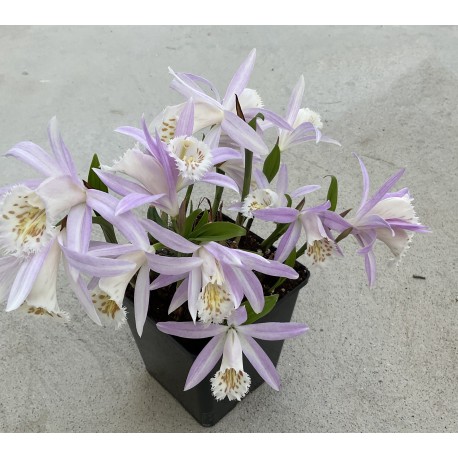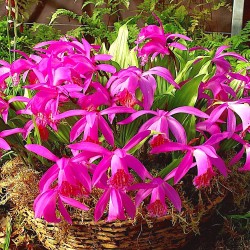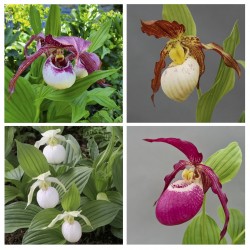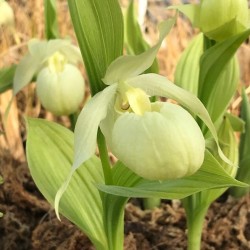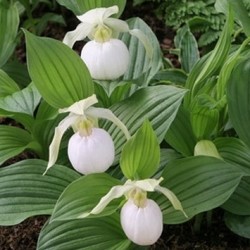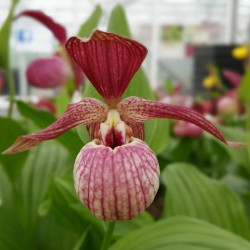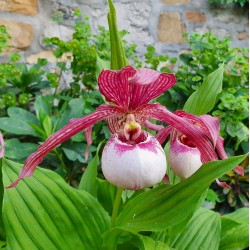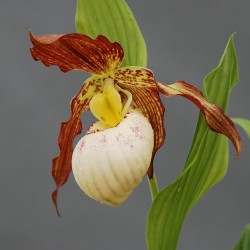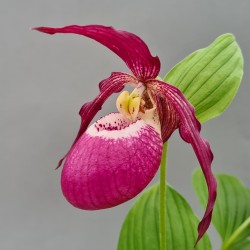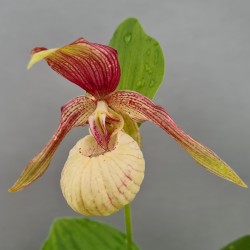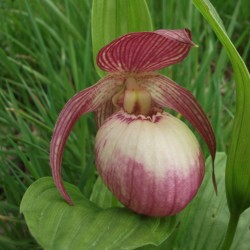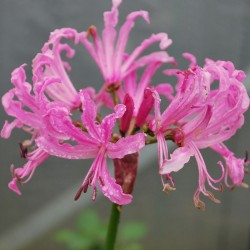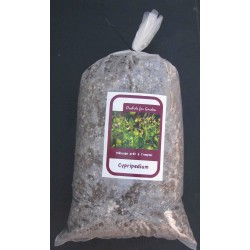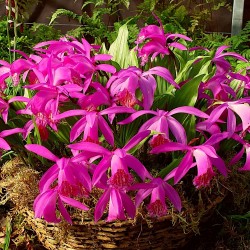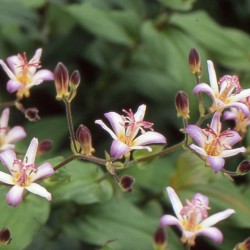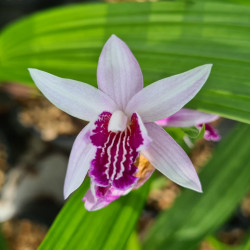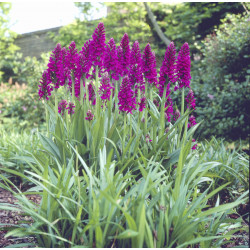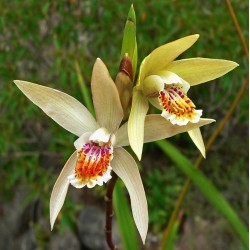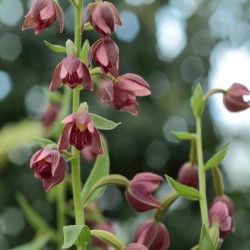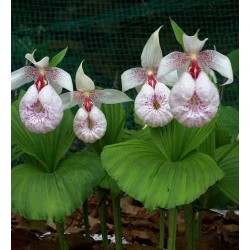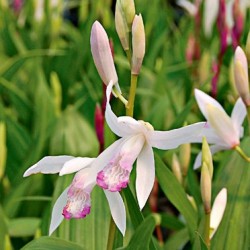No products
Product successfully added to your shopping cart
There are 0 items in your cart. There is 1 item in your cart.
Pleione formosana ‘light’ XXL (6-8 bulbs)
Pleione formosana 'light' is a vigorous orchid resulting from a cross between Pleione formosana and formosana alba. It has white to light pink flowers with a salmon to light red spotted centre. It is easy to grow in protected gardens.
Pleione 'formosana light' XXL are exceptionally large plants with a minimum of 6 to 8 bulbs per pot (11 cm pot).
The bulbs should not be buried in the substrate but planted so that 1/3 of their size protrudes from the compost.
This product is no longer in stock
By buying this product you can collect up to 1 loyalty point. Your cart will total 1 point that can be converted into a voucher of 0,20 €.
- Remove this product from my favorite's list.
- Add this product to my list of favorites.
- Send to a friend
Data sheet
| Range | Easy Garden |
| Color | White, Pink |
| Flowering | April, May |
| Height | 20-30 cm |
| Exposure | Sun, Semi-shade |
| Hardiness | Half-Hardy (-10°C) |
| Presentation | 1 liter container, flowering size plant, 6-8 bulbs |
More info
Planting
Tolerating only light frost (-10°C), these orchids will not be able to be kept in the garden in regions with harsh winters. We recommend, at least in those regions, to cultivate them in a pot in order to winter them away from strong frost. Be sure however to select a large enough pot (diameter 20cm) in order to avoid impeding the development of the new peripheral bulbs.
These orchids are highly tolerant with regard to their substrate. You can keep them in peat-based substrate.
Exposure
The ideal exposure will be semi-shaded. A site in the sun is not excluded but then take care to keep the substrate wet as from the spring and during the entire summer.
Growth phase...
During the winter, the plant is at total rest and only the bulb persists. Keep it dry and sheltered from severe frost during the entire winter period until the resumption of growth at the end of the winter.
At the beginning of spring, when the bulbs start to germinate, moisten the substrate very slightly.
The young Pleione shoots develop in march-april and flower in the spring. After flowering, the plant continues to develop its foliage and to mature its bulbs. Come the autumn, Pleione go into their winter dormancy, and the leaves yellow, fade and disappear.
Over the years, the bulbs divide to form increasingly large masses.
